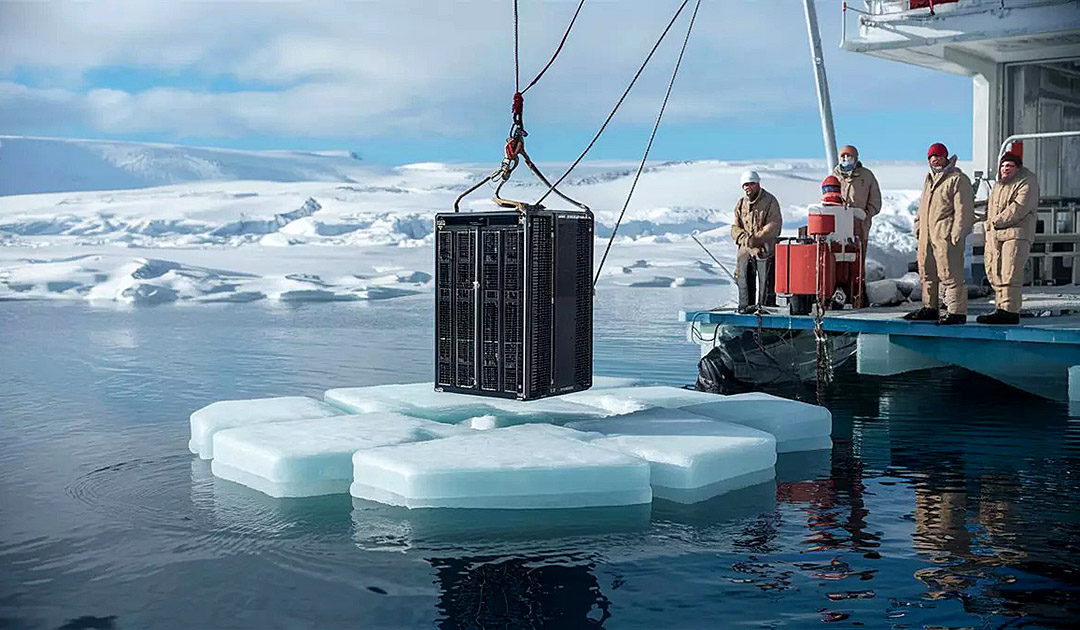RUVDS, a Russian hosting firm, is pushing the boundaries of technology by taking its server systems to Antarctica for high-speed data testing. The company aims to establish whether high-speed, uninterrupted data access can be achieved in one of the harshest environments on Earth.
This ambitious project follows RUVDS's previous venture to the Arctic. Earlier in 2024, the company succeeded in delivering a “data center in a box” to the Barneo Ice Camp near the North Pole. The server, designed to operate for a month, encountered unforeseen challenges, including an emergency evacuation after only a week. The experience, however, provided valuable insights into operating servers in extreme conditions, and RUVDS is now applying those lessons to its Antarctic mission.
In 2025, the company plans to deliver a server to Antarctica, aiming to prove that data infrastructure can thrive even in the South Pole’s freezing temperatures. The server will be equipped with weather-resistant materials and connected to RUVDS’s satellite network to ensure reliable communication. The company is also preparing the server with advanced insulation and backup power systems to mitigate power failures, a crucial factor in such a remote environment.
RUVDS intends to provide continuous high-speed data access in Antarctica, which could open up new possibilities for communications and scientific research in one of the world's most isolated regions. The server will rely on a high-speed communication channel, which the company has yet to fully disclose. In its Arctic experiment, RUVDS utilized its StratoSat TK-1 satellite, a Low Earth Orbit pico-satellite launched in 2023. Despite some technical setbacks during launch, the satellite remains operational and plays a vital role in the company’s polar data operations.
The server will be transported to the South Pole using planes and ships capable of withstanding the region's extreme conditions. If the mission proves successful, RUVDS could lay the groundwork for future data centers in polar regions, potentially transforming remote communications and supporting scientific endeavors in previously inaccessible areas.
"This project in Antarctica will take our research to the next level," said Nikita Tsaplin, CEO of RUVDS. "By testing high-speed communication channels in such a challenging environment, we hope to open new frontiers in remote data hosting and communications."
RUVDS's Antarctic venture may not only advance technological capabilities but could also contribute to global scientific research by providing robust data infrastructure in an area where such resources are almost nonexistent.
TECHRADAR
Read More






 Saturday, 31-01-26
Saturday, 31-01-26







